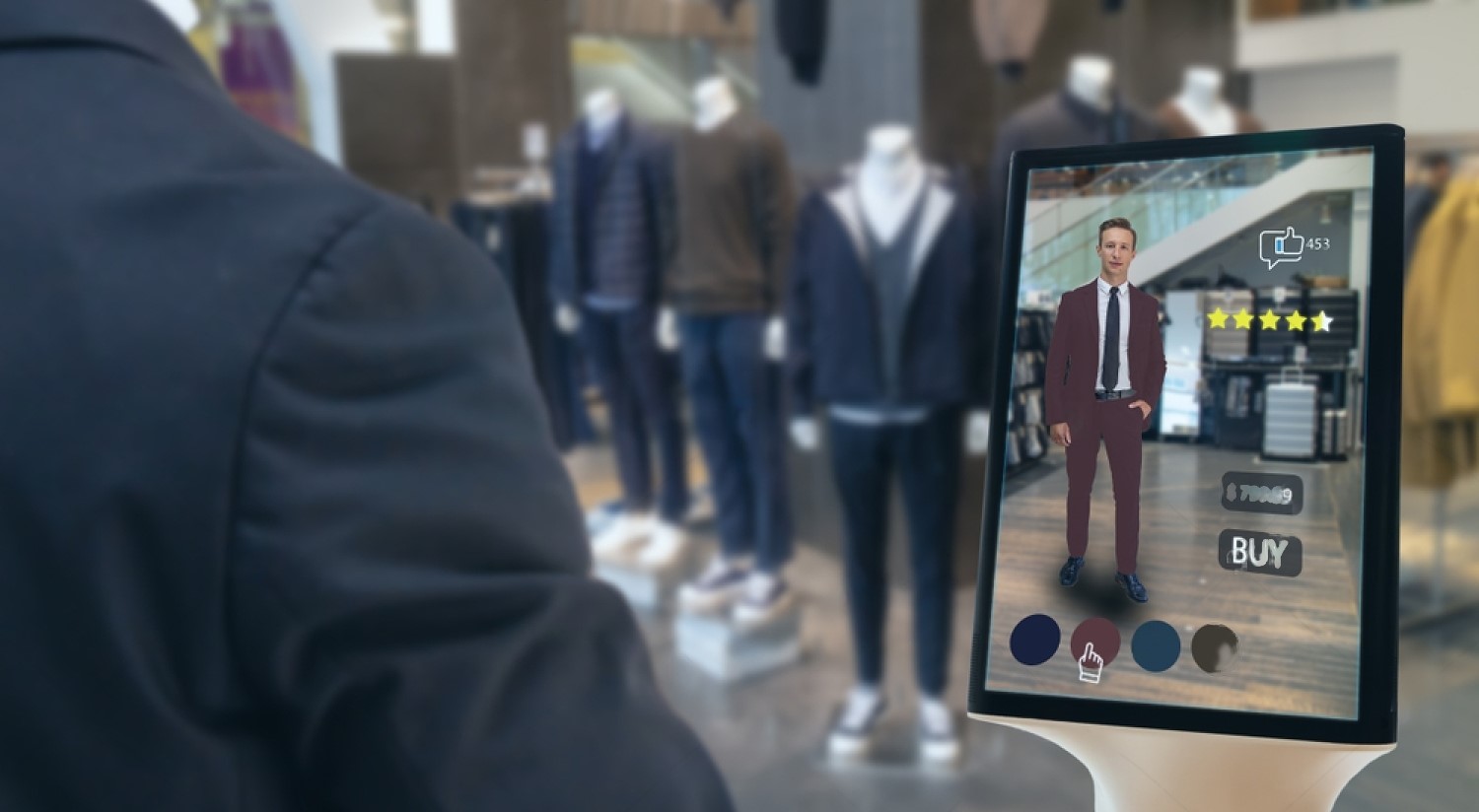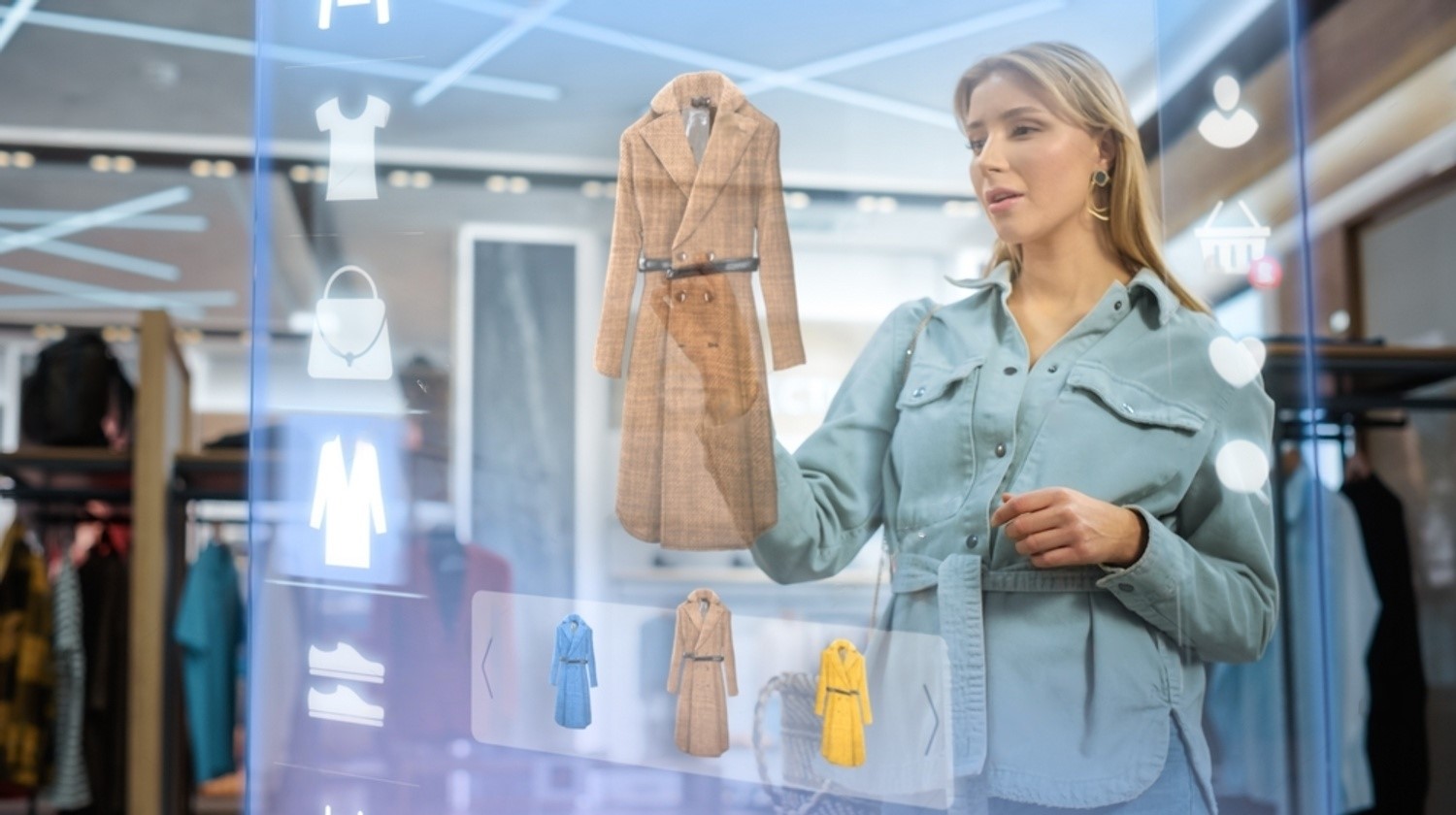By IFAB MEDIA - NEWS BUREAU - September 1, 2023 | 1545 5 minutes read
In a world where technology is rapidly reshaping industries, digital transformation has become more than just a buzzword—it’s a necessity. The fashion retail sector, one of India’s fast growing sector, is no exception. As the nation’s diverse and dynamic fashion market continues to evolve, embracing digital transformation is becoming increasingly crucial for fashion retailers to stay competitive, enhance customer experiences, and streamline operations.
The Shifting Landscape of Indian Fashion Retail: A Digital Call
The Indian fashion retail landscape has experienced remarkable shifts in recent years. From bustling local markets to sprawling malls, consumers’ shopping behaviours have been transformed by the advent of e-commerce and digital platforms. This transformation isn’t just about online shopping—it’s about redefining the entire retail journey, from planning and design to marketing and customer engagement.
1. Data-Driven Decision Making
At the heart of digital transformation lies data. With every click, search, and purchase, consumers leave behind a digital trail of insights. Fashion retailers can leverage this data to gain a deep understanding of consumer preferences, trends, and behaviours. By analyzing this data, retailers can make informed decisions about inventory management, assortment planning, and marketing strategies.
2. Enhanced Customer Experiences
In the age of digital, customer experience reigns supreme. From personalized recommendations to virtual try-on experiences, technology enables retailers to create memorable interactions that resonate with today’s tech-savvy consumers. With deep data analytics retailers can plan the assortment in line with demand to avoid lost opportunities.
3. Inventory Optimization
One of the perennial challenges in fashion retail is managing inventory effectively. Digital tools like predictive analytics can assist retailers in forecasting demand, reducing overstock, and minimizing stockouts. This not only improves cash flow but also ensures that customers can find the products they want when they want them.

4. Agile Planning and Design
Digital tools empower fashion retailers to respond swiftly to trends and customer preferences. From design and production to supply chain management, digitization streamlines processes and reduces lead times. This agility allows retailers to keep pace with fast-changing fashion cycles and deliver fresh collections to consumers faster. Tracking product life cycle in real time is critical for fashion retailers to spot trends and react faster.
5. Omni-Channel Strategy
The lines between online and offline shopping are blurring. An omni-channel strategy integrates physical stores, e-commerce platforms, social media, and mobile apps into a seamless shopping experience. For instance, customers can browse products online and then visit a store to try them on, or vice versa. This convergence requires a robust digital infrastructure.

6. Improve Operational Efficiency
Digital transformation can also play a significant role in advancing efficiency. With ML and AI retailers not only get automated reports but receive actionable insight which enables quicker decisions. Qucick decisions shall lead to reacting faster for the rapid dynamics in retail thus increases operational efficiency.

Final Thoughts: A Digital Future Beckons
The need for digital transformation in fashion retail planning in India is not just a trend—it’s a fundamental shift that’s redefining the industry’s future. As technology continues to evolve, retailers who embrace digital transformation will be better positioned to navigate the challenges and opportunities that lie ahead. From data-driven decision-making to immersive customer experiences, the possibilities are vast and promising. The question now is not whether to embark on this journey, but how to do it strategically and effectively.
 |
Agnesraja George, Founder - De Moza and REOR a Retail Planning Automation Fashion Profession with over 22 years of market experience in Indian Apparel and Accessories Retail. Having worked with the big players in India had helped me gain the knowledge. He is the Founder of the women’s fashion brand De Moza extablished in 2016. Specialties: Product Strategies, Planning, Buying, Merchandise, Pricing and Promotion, Data Analytics, Retail Store & Supply Chain Management. Process re-engineering and consulting. |
De Moza De Moza is a brand that has made its mark in the women's fashion industry. It is well-known for its high-quality and stylish leggings, which have become a staple for many women. The brand has a mission to make women feel confident, comfortable, and stylish in their everyday wear, and it has successfully achieved this goal. The brand offers a wide range of leggings that are made from high-quality materials and are designed to fit perfectly. The leggings are available in a variety of colors and patterns to suit every style preference. Whether you prefer solid colors, bold prints, or a combination of both, De Moza has something for everyone. In addition to leggings, the brand also offers a range of other women's clothing items, including tops, sports bras, and accessories. The brand's products are designed to be versatile and can be worn to the gym, to work, or even to a night out with friends. The brand has a focus on comfort, and all its products are made with this in mind. The materials used are soft, breathable, and stretchy, making them ideal for all-day wear. The brand has a strong online presence and its products are easily accessible through its official website, www.demozastores.com.










